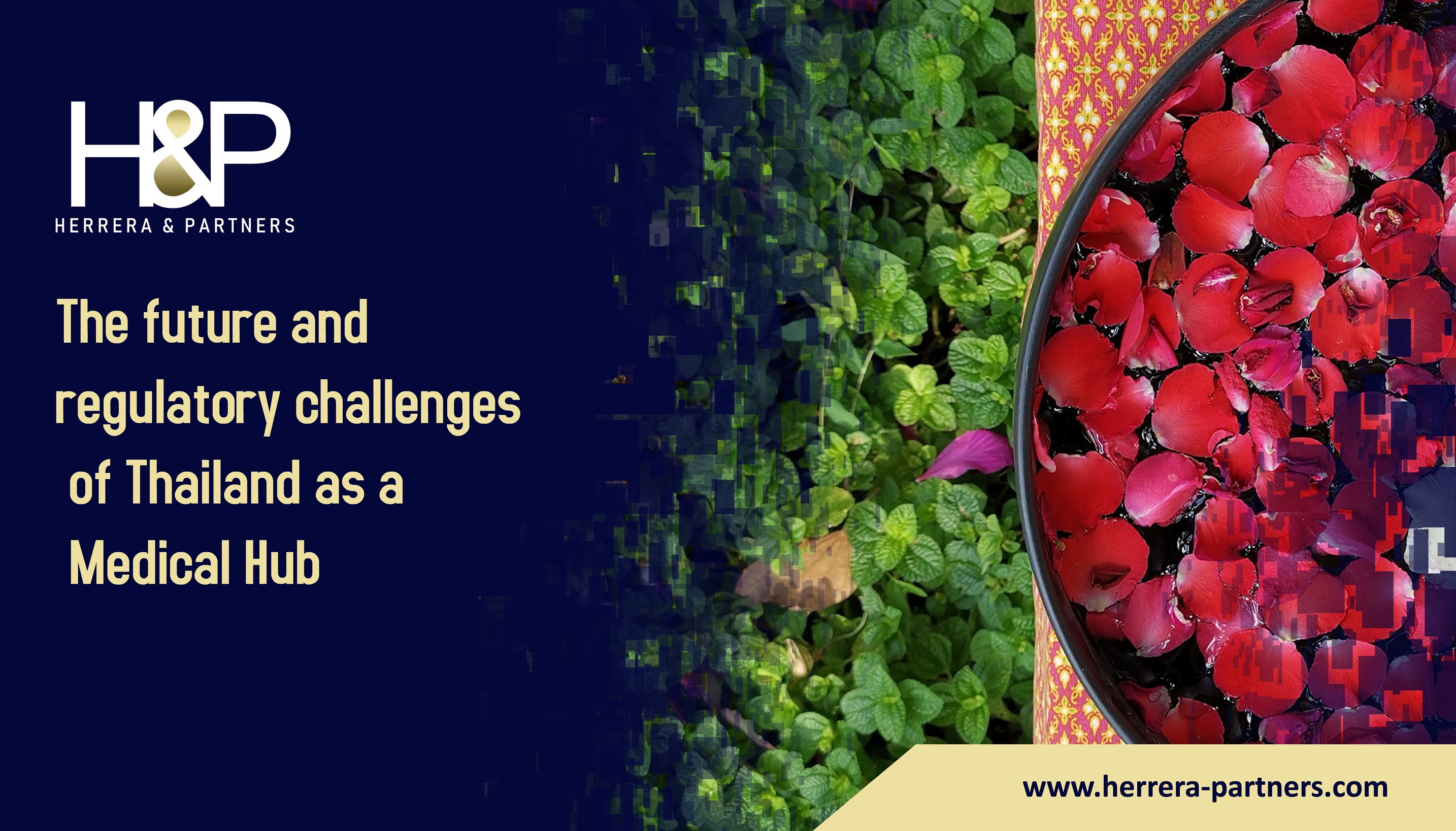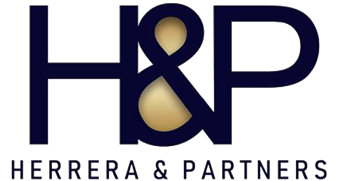
The Medical Services is becoming a priority sector for the investment and has even a bigger potential after the outbreak of covid-19 in 2020 and SARS in 2000 in Asia. The government of many countries in South East Asia are dedicating its effort to promote and support the medical industry as a major sector of the economics. Likewise, the Thai government considers Thailand has a strong reputation of medical tourism and has a significant capacity to lead the growth of medical industry and drive the country to be the Medical Hub in the region.
This results in substantial changes in the policy including the Thailand’s 4.0 policy as the strategy for economic development. The Medical Hub industry has been included in this strategy as the target industry and considered as the New S-Curve, referred to the industry which mainly relies on the new technology and innovation.
There are various factors that make Thailand being in a strategic position of this industry including, a huge number of private and public hospitals that could well support the demands of Thai and foreign patients; the internationals standard of medical services and medical professionals; the reasonable cost for medical treatment with high quality of services; and the beautiful nature of many places in Thailand where the patients could enjoy their trip during or after the recovery with an affordable price.
Every single year, the market of medical services has been rapidly expanded. This mean that there are a wide range of potential opportunities for related business especially, pharmaceutical products, telemedicine and medical devices. The Office of Board of Investment of Thailand (BOI) thus mainly focuses on these businesses in order to enable Thailand to meet the high demand of medical services in the future.
Under the promotion policy, the Office of the Board of Investment (BOI) provides the industry incentives, for example; the exemption from corporate income tax for 3-8 years depending on the level of technology for medical devices and parts production industry, medical food manufacturing or supplementary food manufacturing; the entitlement to receive the investment promotion incentives in the Eastern Economic Corridor (EEC) including, the reduction of 50% of corporate income tax for additional 5 years from the basic incentives received in each activity, the additional support from respective agencies.
What are the regulatory challenges in Thailand after 2020?
Patent Law
Under the Patent Act, B.E. 2522, the law rewards new inventors an exclusive right to gain commercial advantage from its invention to make, use, manufacture and market the invention for 20 years. On the other the hand, the exclusive right prevents other person to utilize the patented invention without the consent of the patent holder. However, in the pharmaceutical industry, there is some misuse practice of the patent system being called “Evergreening”. This term refers to the practice of pharmaceutical company using the strategies in order to take undue advantage over the patent law by filing new patent applications, making a minor modification on the same drug and claiming such products as a new invention.
The applicant does not intend to obtain the approval of patent, but merely to extend the monopoly privileges with their products and the term of patent beyond 20 years. This anti-competitive practice affects directly to the pharmaceutical market because the inventor company could prevent themself from competition of other manufacturer and enable them to charge the high prices. Typically, the manufacturers are allowed to supply the previously patented drug, known as a “generic drug”. The prices of generic drugs are lower than the patent drugs. However, under the Evergreening practice, it prevents and delays the entry of cheaper generic drug until it has been firmly established in the market upon the expiration of the patent. Accordingly, it decreases the stimulation of the new generic manufacturer to enter this market due to such monopoly barriers. However, the National Commission on International Trade and Health Studies (NCITHS) has realized this problem and would discuss this issue with the Intellectual Property Department for further improvement of the patent law in order to encourage the competition in Thai pharmaceutical market.
Pharmaceutical Law
The Drug Act (No. 6) B.E. 2562 was published in the Government Gazette on 16th of April 2019. The essential amendment of this version is the drug registration process, and the fee for registration and license renewal. This amendment aims to stimulate the drug industry market. For instance, in the previous version, the whole process shall be under the control by the drug committee or other officer from the Ministry of Public Health. However, under section 11/1 of this new amendment, the external expert or the private organization of Thailand or even the foreign country are allowed to participate in the licensing process, such as to evaluate the documents, analyze the products, or other process in order to make the registration process being more faster and effective. Nonetheless, those external expert or organization must be approved by the drug committee before the participation. Therefore, the expert may change their mind because the process to approve is time consuming for them.
In addition, based on the lawyers of H&P and our experience advising clients in the medical sector, the issue that most of pharmaceutical manufacturer concerns, is the higher rate of the fee. For example, the producing license for modern drug is 50,000 THB, while the previous was only 10,000 THB; the wholesale license for modern drug is 10,000 THB, while the previous is only 3,000 THB; the importing license of modern drug is 100,000 THB, while the previous is only 20,000 THB.
Medical Tourism Law
Despite the reputation on medical tourism for years, Thailand still has no certain provision to regularize this business. At the present, the relevant regulations that apply for the medical tourism business are the Medical Facilities Act, B.E. 2541 (1998) and the Tourism Business and Guide Act, B.E. 2551 (2008). However, these provisions could not completely cover all aspects of the medical tourism. For example, there is no legitimate measure to protect the foreign patient, such as the requirement for insurance when the foreign patients obtain the medical treatment in Thailand, the minimum standard of the hospital, the access of information regarding the standard price of medical treatment. Moreover, in H&P lawyers’ opinion there should be provisions to control all medical tourism agent, which is relatively different from normal tourism. The certain legal measure could assure the foreign patients that they will obtain the standard treatment. As a result, the medical tourism business would grow up stronger and drive Thailand to be the Medical Hub of Asia.
If you want to consult a Thai lawyer on establishing a medical business in Thailand, please contact with H&P via [email protected]


